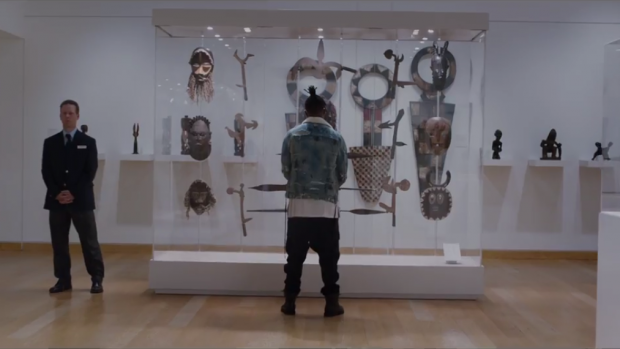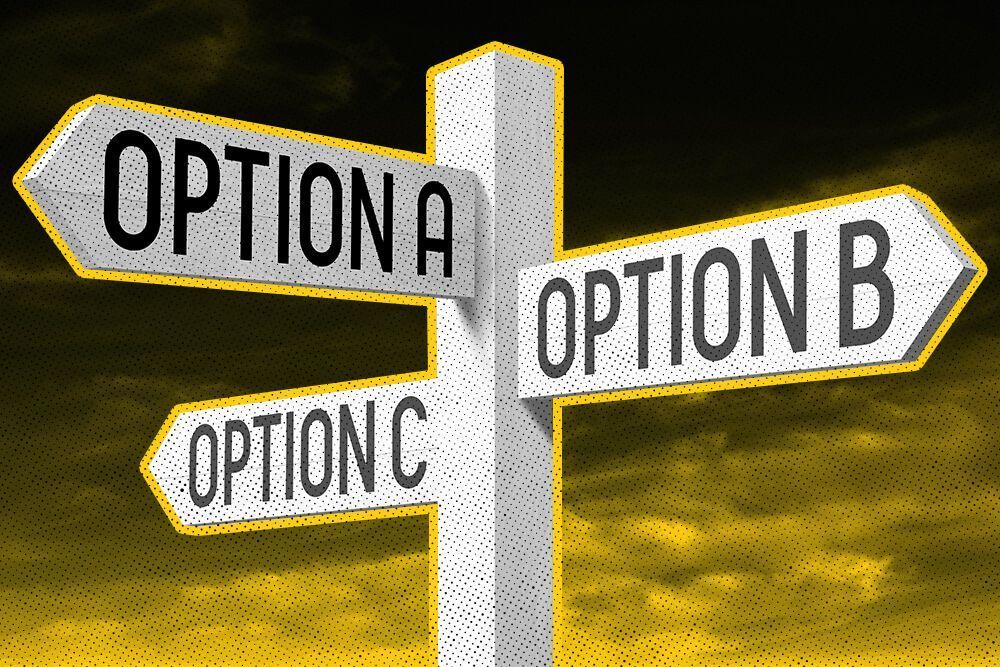Gaslighting
Have you ever done this… or had it done to you?

People often ask me in my workshops what gaslighting means and what it looks like in everyday life, so I thought I’d write to you about it today.
Because the chances are at some point you may have experienced this for yourself (it can happen in work, relationships, anywhere really — when talking about race or not).
Let’s start with the definition:
Gaslighting is a form of psychological abuse where a person or group makes someone question their sanity, perception of reality, or memories.
But what does this look like?
Here’s an example I overheard in a school one day…
A white teacher was talking to a group of (mostly) Black students and he told them: “Our police officers are not bad. If for some reason you get stopped you just need to listen to them and follow the directions and you won’t get hurt.”
I couldn’t help myself, I
had to interject.
And this is what I said…
Have you considered the students' different experiences and perspectives? Because George Floyd listened, he followed the directions, and he died.
There have been hundreds and hundreds of George Floyds that listened and died.
Imagine the ones that these students have seen that didn’t make the news. When they see a police officer they don’t see safety because that’s not their experience.
Multiple truths exist at the same time.
One person can feel safe with a police officer and another can feel fear. Both are fair and true based on different life experiences.
But we cannot suffocate one person’s truth with our own truth.
The body content of your post goes here. To edit this text, click on it and delete this default text and start typing your own or paste your own from a different source.
Instead, we can ask (or research) why someone with a different identity has different experiences. We can learn about someone else’s experience and truth without letting go of our own.
Racial gaslighting is the suffocation of truth — it’s when someone says your truth isn’t accurate, mine is.
So I have one question for you to mull over today...
How can we ask better questions instead of suffocating other people’s truths with our own truth?
You can’t walk in other people’s shoes and know what it’s like to be in them, but you can ask them about their shoes before you give advice.
Melissa
PS I would love to hear your stories, have you ever experienced gaslighting? Drop me a comment if you’d like — I’d love to hear your thoughts on this and open the conversation with you.










